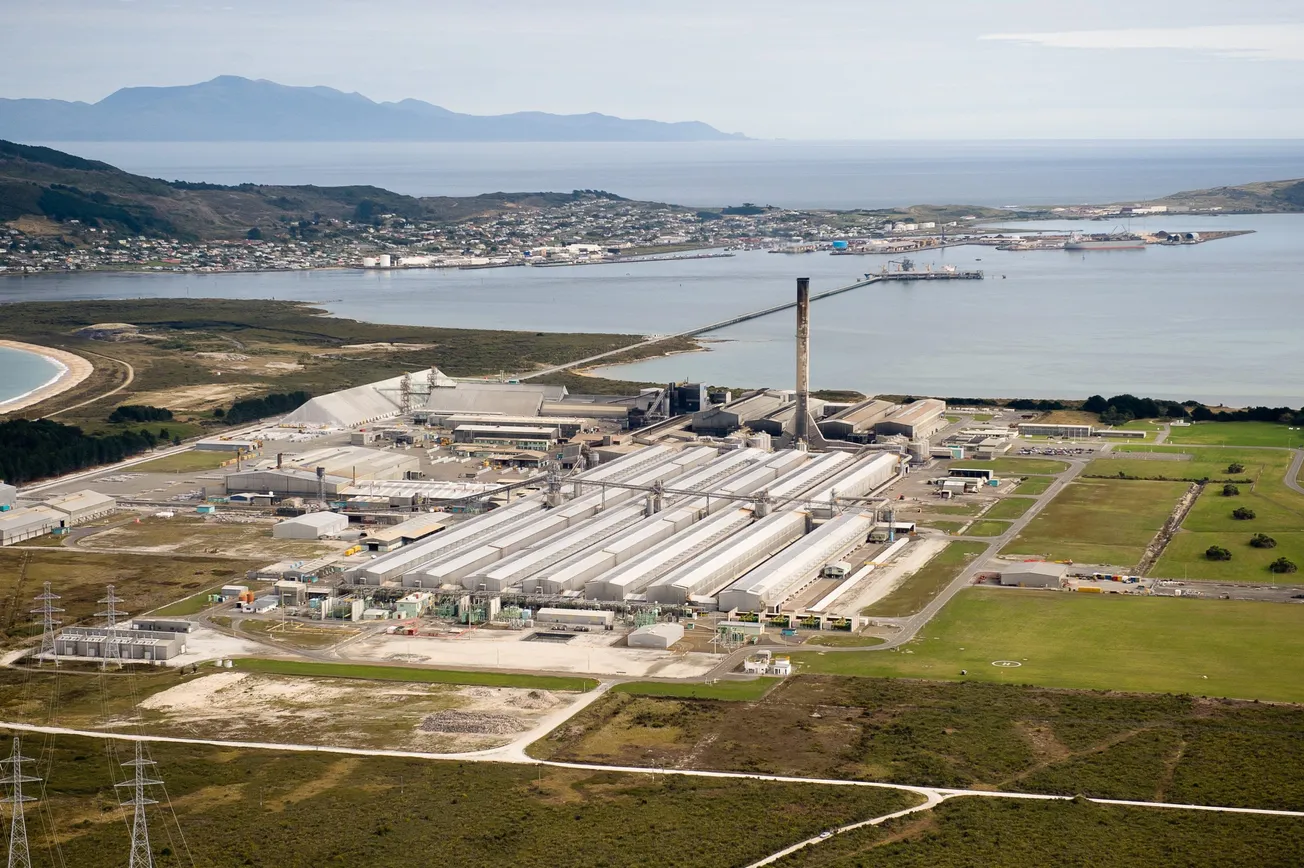Table of Contents
Dangling the carrot of a selective travel bubble with at least some parts of Australia might be seen as a sign of desperation from Jacinda Ardern, ahead of the October election. The proposed timing – “before Christmas” – is clearly designed to deliver maximum hope while delaying until after the election the inevitability of a small number of new COVID cases.
In the same fashion, Ardern is trying to delay another election sore point: the closure of the Tiwai Point smelter.
New Zealand Prime Minister Jacinda Ardern has promised her government will negotiate a three- to five-year delay in the closure of Rio Tinto’s Tiwai Point aluminium smelter, as she campaigns for re-election.
So, not prevent, but merely “delay” the closure. This is nothing more than a holding tactic designed to mollify Southland voters.
Remember, this closure is due to the government’s obsession with “renewables” (except for dams: Greens hate dams) driving up power prices.
Rio Tinto has said New Zealand’s sole aluminium smelter is not economically viable and plans to close it in August 2021, jeopardising several thousand jobs in the Southland region where it is located. The smelter consumes about 13 per cent of New Zealand’s electricity.
Delaying the smelter’s closure would allow more time for the region to develop new industries, Ms Ardern said on Monday.
Like what? Tourism in the region is practically stitched up by special interests. Farming, Ardern told us, is “a world that has passed”. As they have shown, here in Tasmania, Labor’s coalition partners the Greens will implacably oppose just about any and every new industry development.
Except of course for their indulged favourites. So, unless Southlanders are prepared to put up with massive wind farms sprouting like whirring cancers everywhere, their options seem pretty limited under the Labour coalition.
Negotiations with Rio Tinto would focus on maintaining the smelter’s workforce, eventual remediation of the smelter site and lowering the price it pays for transmission of electricity from the nearby Manapouri hydro dam, Ms Ardern said.
Rio Tinto has argued it is paying too much for electricity transmission and subsidising other industrial users given its proximity to Manapouri, which is operated by Meridian Energy.
Of course, no Ardern policy announcement is complete without the usual magic pudding economics.
Ms Ardern said the government could provide support to state-owned electricity grid operator Transpower, which would allow it reduce the smelter’s bill without passing the cost to other power consumers.
All in all, this is another concession that Ardern has no ideas on economic development. The best she can offer is a short-term bribe to try and stave off the inevitable economic whammy that’s going to hit Southland.
If you enjoyed this BFD article please consider sharing it with your friends.







